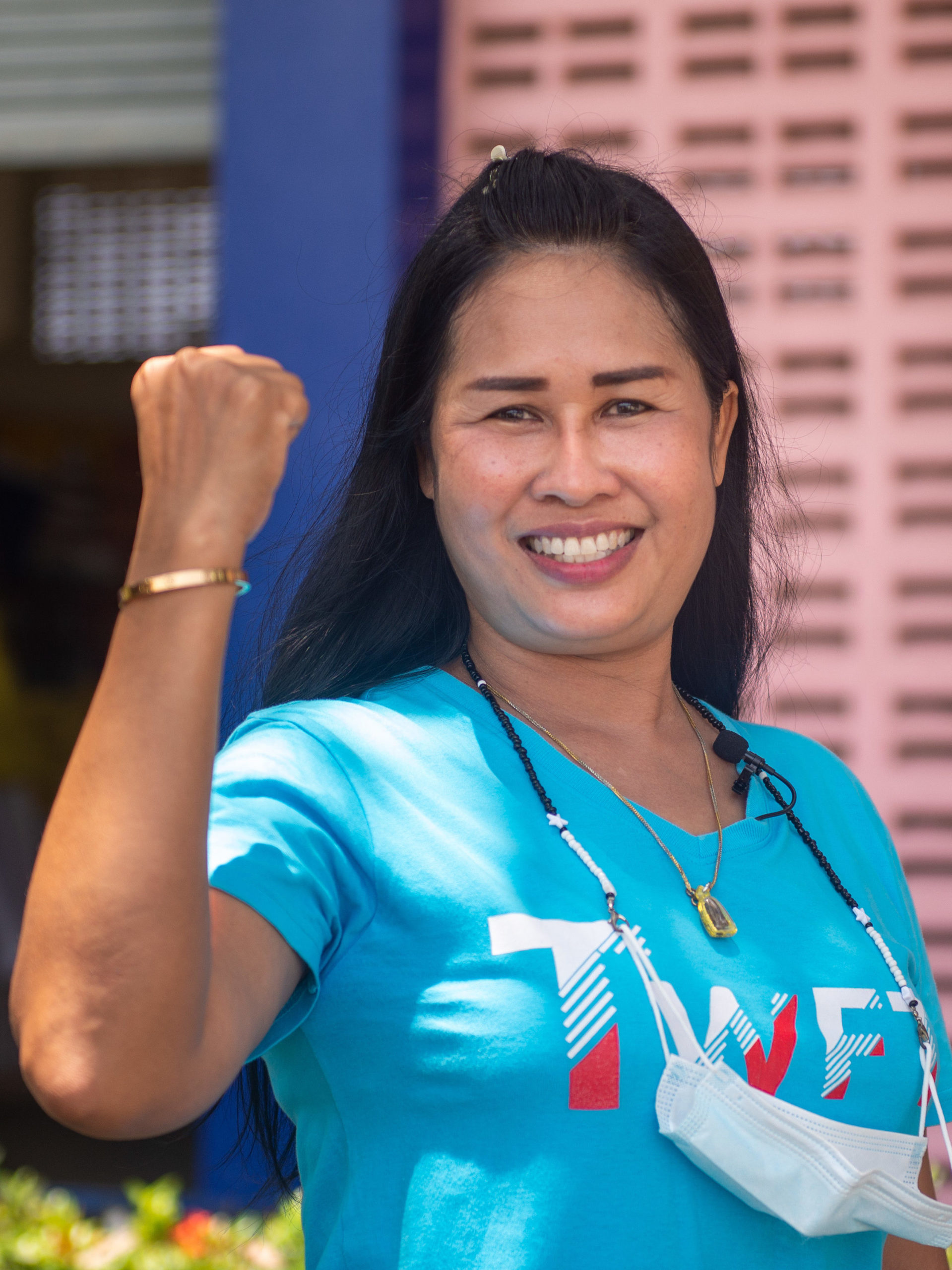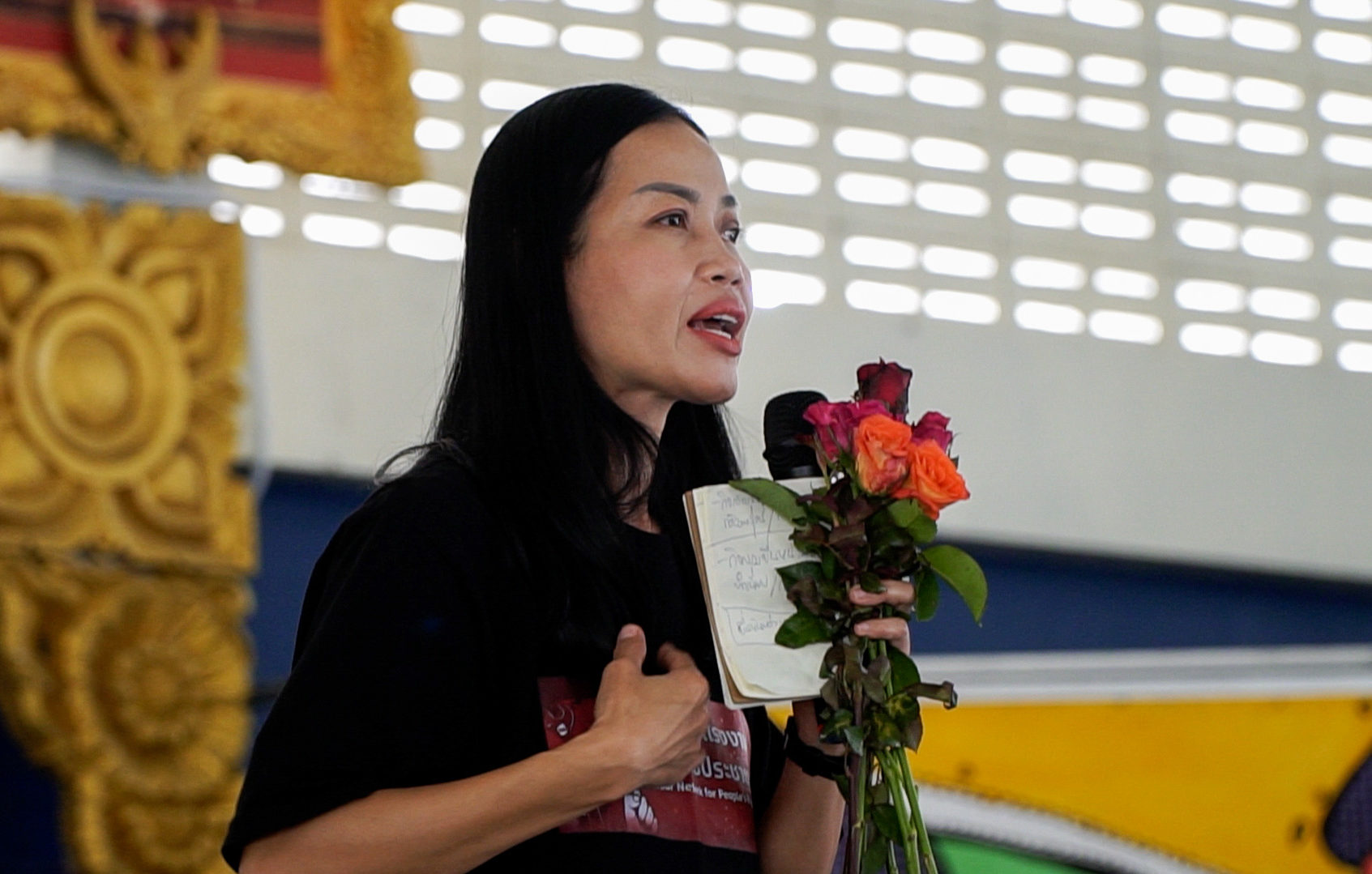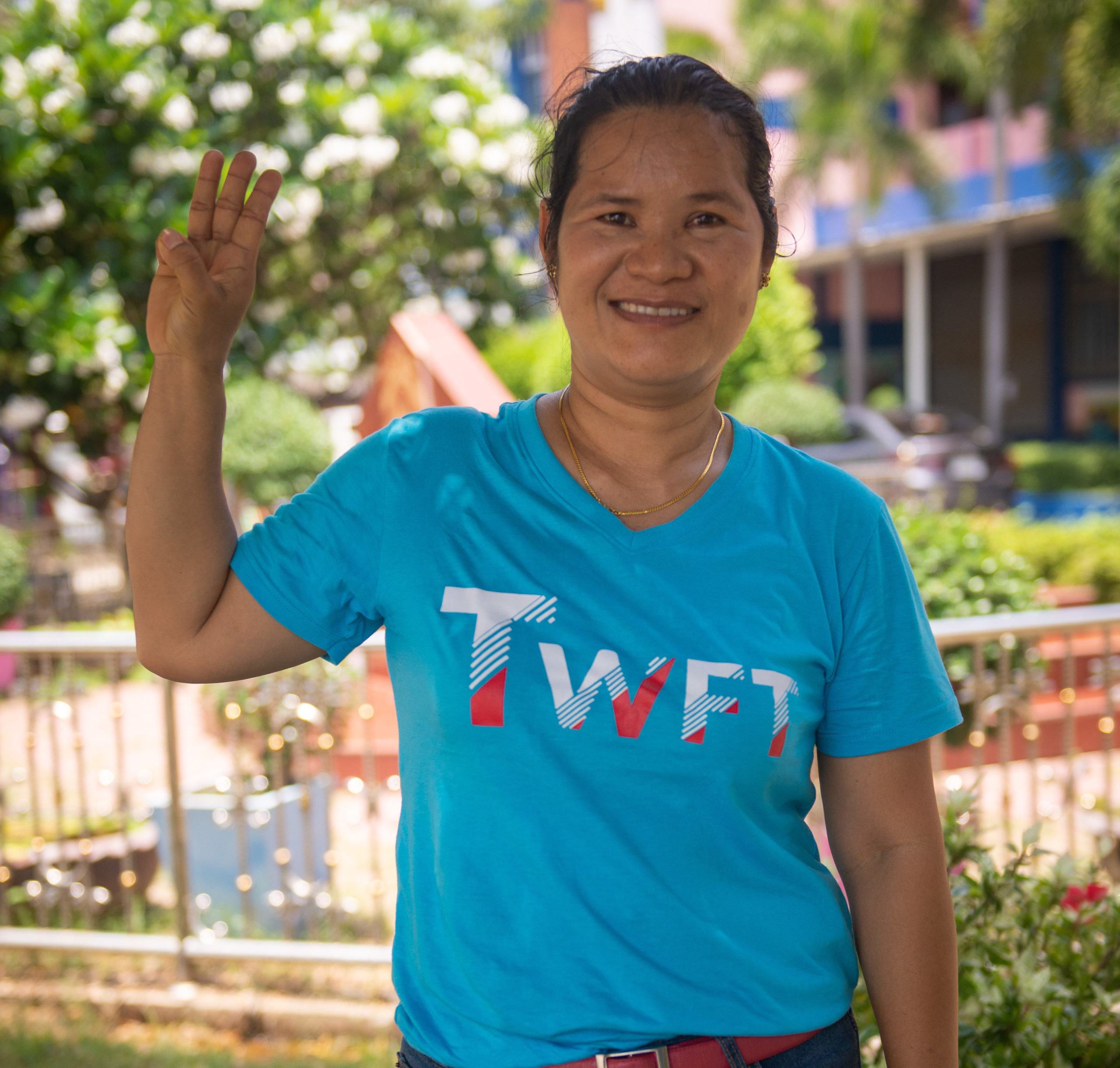WRC Update: $8.3 Million in Back Pay for Workers at Thai Garment Factory

| To: | WRC Affiliate Universities and Colleges |
| From: | Scott Nova |
| Date: | June 14, 2022 |
| Re: | WRC Update: $8.3 Million in Back Pay for Workers at Thai Garment Factory |
With the WRC’s help, garment workers at a factory in Thailand just received $8.3 million in back pay—the most ever secured at a single garment factory.
When the Brilliant Alliance factory shut down in March 2021, it was legally obligated to pay severance to 1,260 employees. Some of them had worked there more than 20 years and were owed the equivalent of three or four years of wages—in effect, their life savings.
The factory paid them nothing.
For more than a year, the WRC engaged with Victoria’s Secret, a key buyer, asking the retailer to take responsibility. Last month, Victoria’s Secret agreed to fund 100 percent of the amount legally due to workers. As a result, more than a thousand families have escaped destitution.
You can read news coverage of this breakthrough from Reuters and The Guardian.
These workers would never have been paid if universities and the WRC had not changed the paradigm for addressing severance theft. By requiring licensees to ensure that workers are paid in full, even if that means licensees must use their own funds, universities have set a new standard. That standard now affects what happens not only in the university apparel sphere but at non-collegiate factories like Brilliant Alliance.
Ten years ago, the buyers would have walked away, and the workers of Brilliant Alliance would never have been paid. Today, the story has a different ending.




Additional facts:
- When the factory closed, Brilliant Alliance was ordered by the Thai government to pay the workers, but its parent company, Clover Group, claimed it did not have the money.
- The WRC’s investigation revealed that Clover Group had formed a joint partnership with the Sri Lankan firm Brandix, one of the world’s most successful garment exporters and a key supplier to Victoria’s Secret. The WRC argued that if Clover Group was really short of funds, Brandix and/or Victoria’s Secret had the resources to solve the problem.
- The $8.3 million provided by Victoria’s Secret constitutes a loan to Clover Group, which the latter has agreed to pay back over time. Since claims by employers that they do not have the money to pay workers are common in cases of unpaid severance, this model—buyers with strong cash flow loaning funds to suppliers so they can fulfill their obligations to workers—could prove to be a solution in future cases.
- Under Thai law, the unpaid severance was subject to interest at the rate of 15 percent per year. The WRC worked to ensure that this interest component was included in the payments to workers. Despite resistance from Clover Group, the WRC succeeded. As a result, each worker received nearly $1,000 in interest.
- The workers’ union, with strong support from the Solidarity Center, brought sustained international attention to the case, which was vital to the positive outcome.
- It is hard to overstate what this back pay means to the Brilliant Alliance workers and their families. Some workers were owed more than $10,000. To get a sense of the impact, think of what $75,000 or $100,000 would mean to a family living in poverty in the US.
